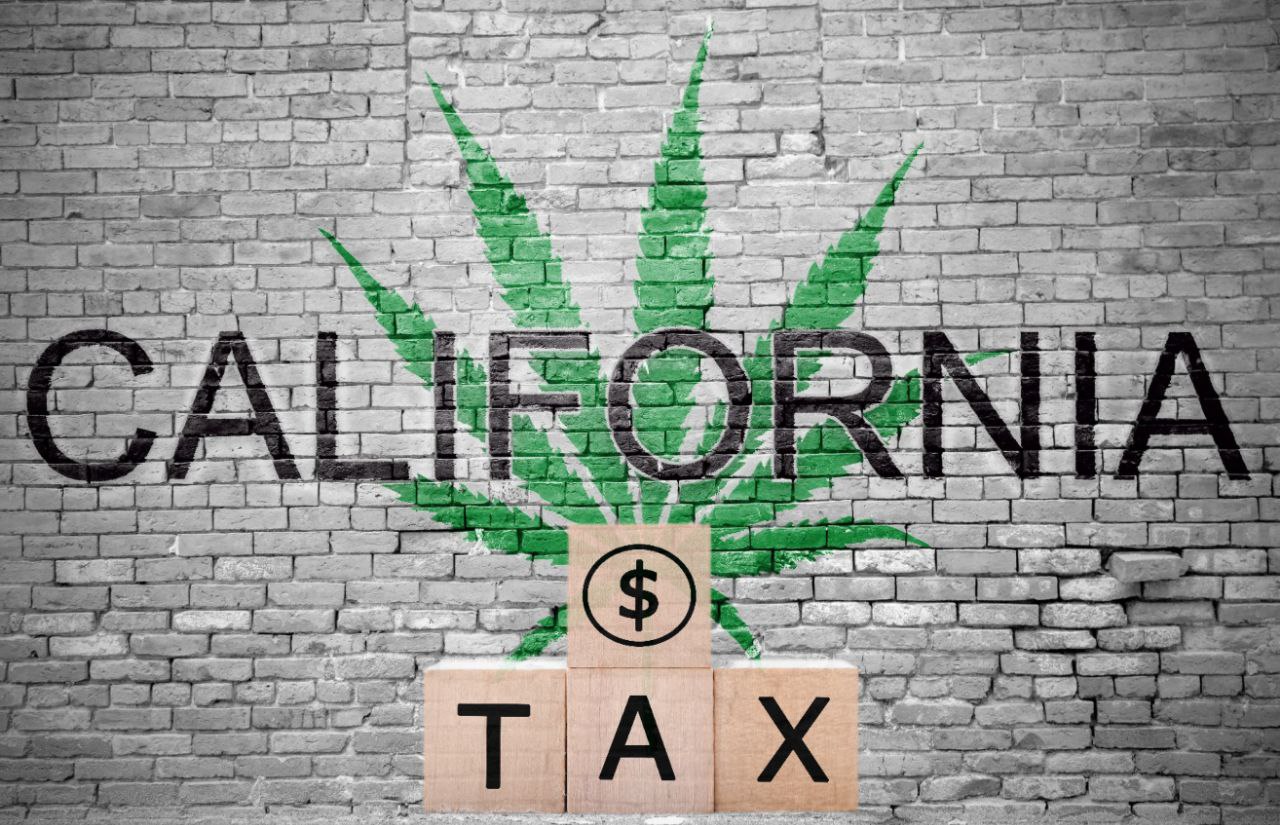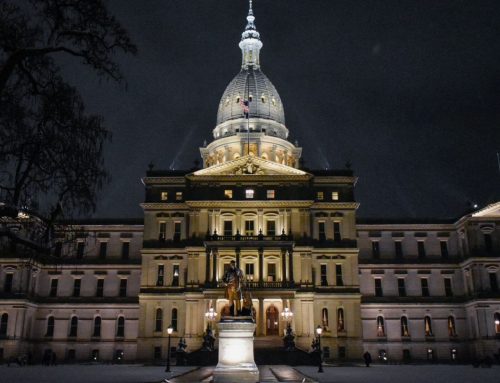California Lawmakers Back Pause on Recent Cannabis Tax Hike
LOS ANGELES – The California Senate approved Assembly Bill 564, a measure that would roll back a recent jump in the state’s Cannabis excise tax for five years, sending it back to the Assembly for concurrence on amendments. The vote, 38 to 1, comes as the legal Cannabis sector grapples with declining sales and heavy competition from illegal operators.
The bill, authored by Assemblymember Matt Haney, a Democrat from San Francisco, responds to a tax adjustment that raised the excise rate from 15% to 19% starting July 1. That change, mandated under Proposition 64 from 2016, added to existing local taxes and fees that can push total costs for legal Cannabis products above 40% in some areas.
If signed into law, AB 564 would keep the higher rate through September, then drop it back to 15% until mid-2030. After that, state officials would set the rate annually to match prior-year revenue levels, capping it at 19%. The legislation also requires the California Department of Tax and Fee Administration to report yearly on how the adjustment affects collections.
State tax data shows Cannabis revenue has fallen short of expectations, with $593.6 million in excise taxes collected last year, down from a peak above $800 million in 2021-22. Licensed sales totaled $4.6 billion in 2024, but estimates suggest the overall market, including illicit activity, is far larger – around $13 billion if per capita figures matched states like Michigan. There, a 10% excise tax has supported stronger legal sales and higher state income per resident.
During Senate debate, Senator Christopher Cabaldon, a Democrat, pointed out that legal operators hold just 40% of the market, with the rest evading taxes and regulations. “We are losing ground to other states that generate more revenue while better managing unlicensed trade,” he said. Senator Jerry McNerney, also a Democrat, added that higher taxes could push more buyers to the illicit market.
The call for relief stems from broader challenges: 30% of active licenses lost in two years, 17,600 jobs cut, and many equity-focused businesses idle. Groups like California NORML and the California Cannabis Industry Association back the bill, arguing that taxes on Cannabis exceed those on alcohol or tobacco by wide margins, stifling growth. On the other side, organizations funded by Cannabis taxes, including youth education and environmental initiatives, oppose it, citing potential shortfalls in program support.
Governor Gavin Newsom, a Democrat, earlier favored a similar freeze during budget talks, but Senate leaders resisted including it then. As of today, AB 564 has passed both houses of the California legislature and is en route to the Governor’s decision.
A closer look at the numbers reveals a trade-off:
Holding the line on taxes might shrink near-term revenue but could expand the legal market over time, boosting collections as seen elsewhere. For California’s Cannabis operators, this step offers breathing room; for the state, it tests whether lower rates can deliver on Proposition 64’s promise of a regulated, revenue-generating industry without fueling unlicensed competition.



































